1、 Curing method
1. Temperature: the temperature suitable for its development is between 20 ° C and 35 ° C. if the temperature is lower than 15 ° C, it will stop growing. Therefore, in autumn and winter, try to give enough light and raise the maintenance temperature to help it survive the winter and grow normally
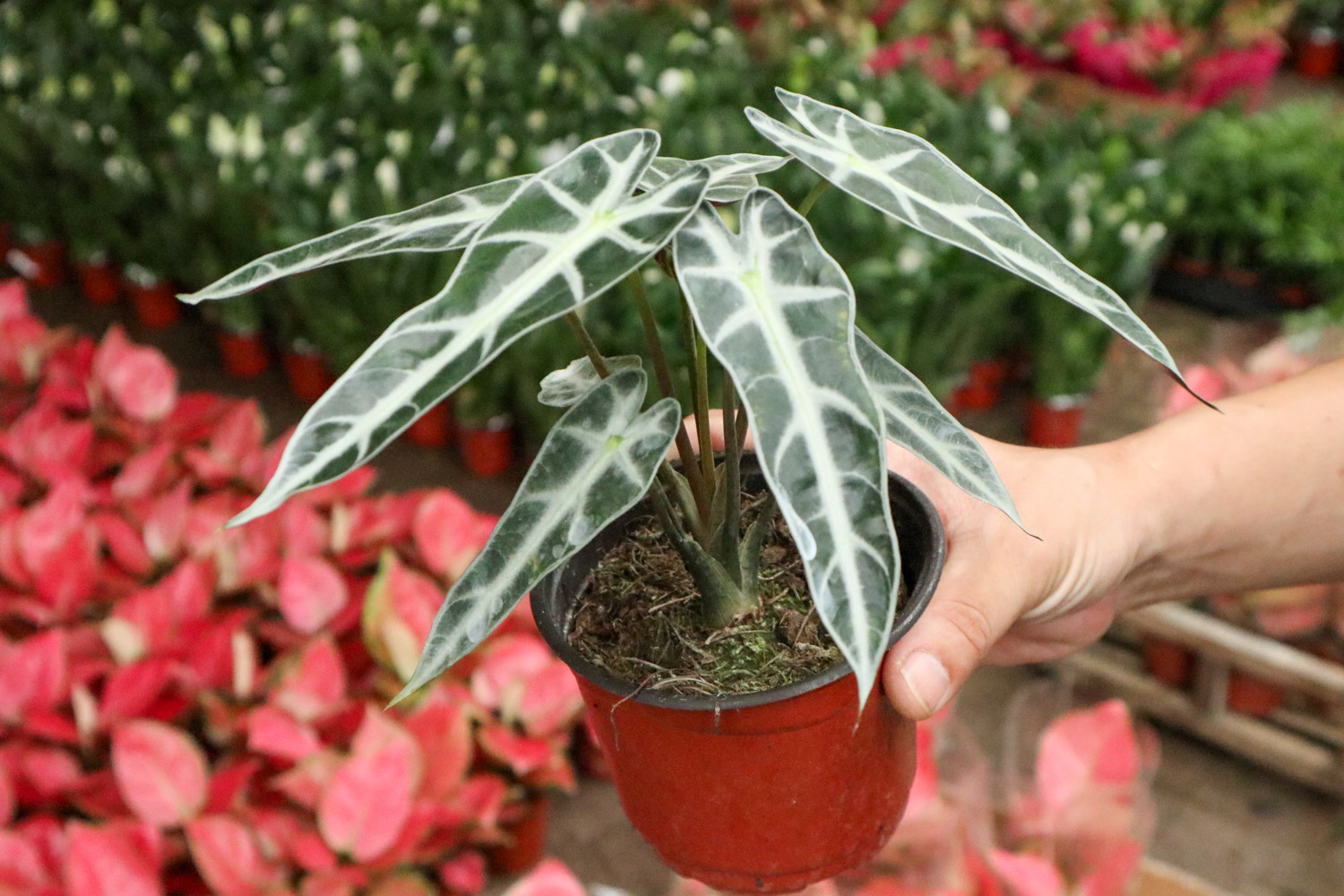
2. Watering: its vigorous growth period is from April to September every year. At this time, we should ensure sufficient water. We need to water every day. When the temperature is high, we also need to spray water on the branches and leaves to keep them moist. After autumn, the temperature drops and the plants have passed the growth period. Therefore, the frequency of watering needs to be reduced. Watering twice or three times a week is enough
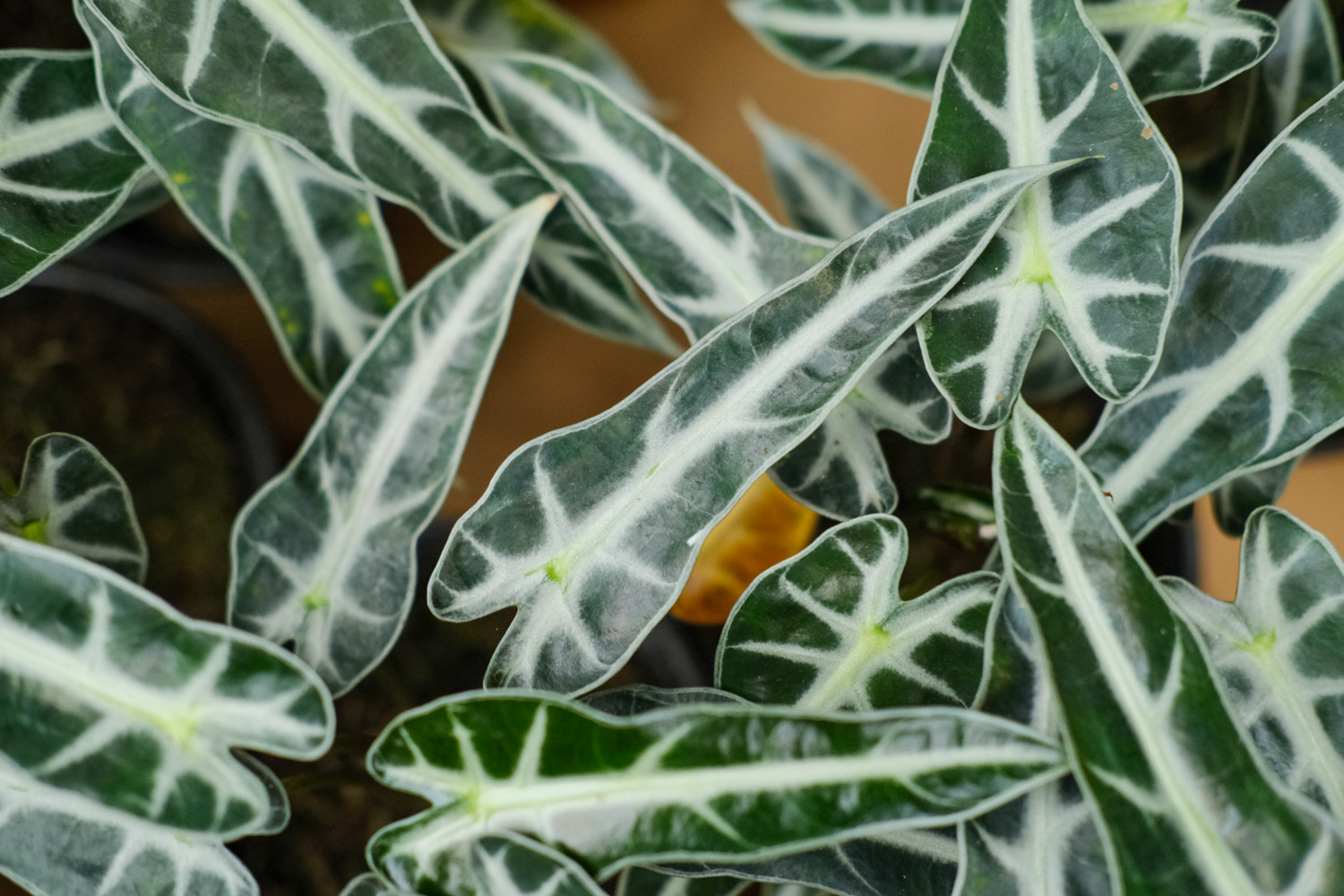
3. Fertilization: during the growth period, phosphorus and potassium fertilizer should be applied to it in order to promote the growth of its branches, leaves and stems and make the plant grow stronger. The frequency of fertilization is twice a month, and fertilization is not required at other times
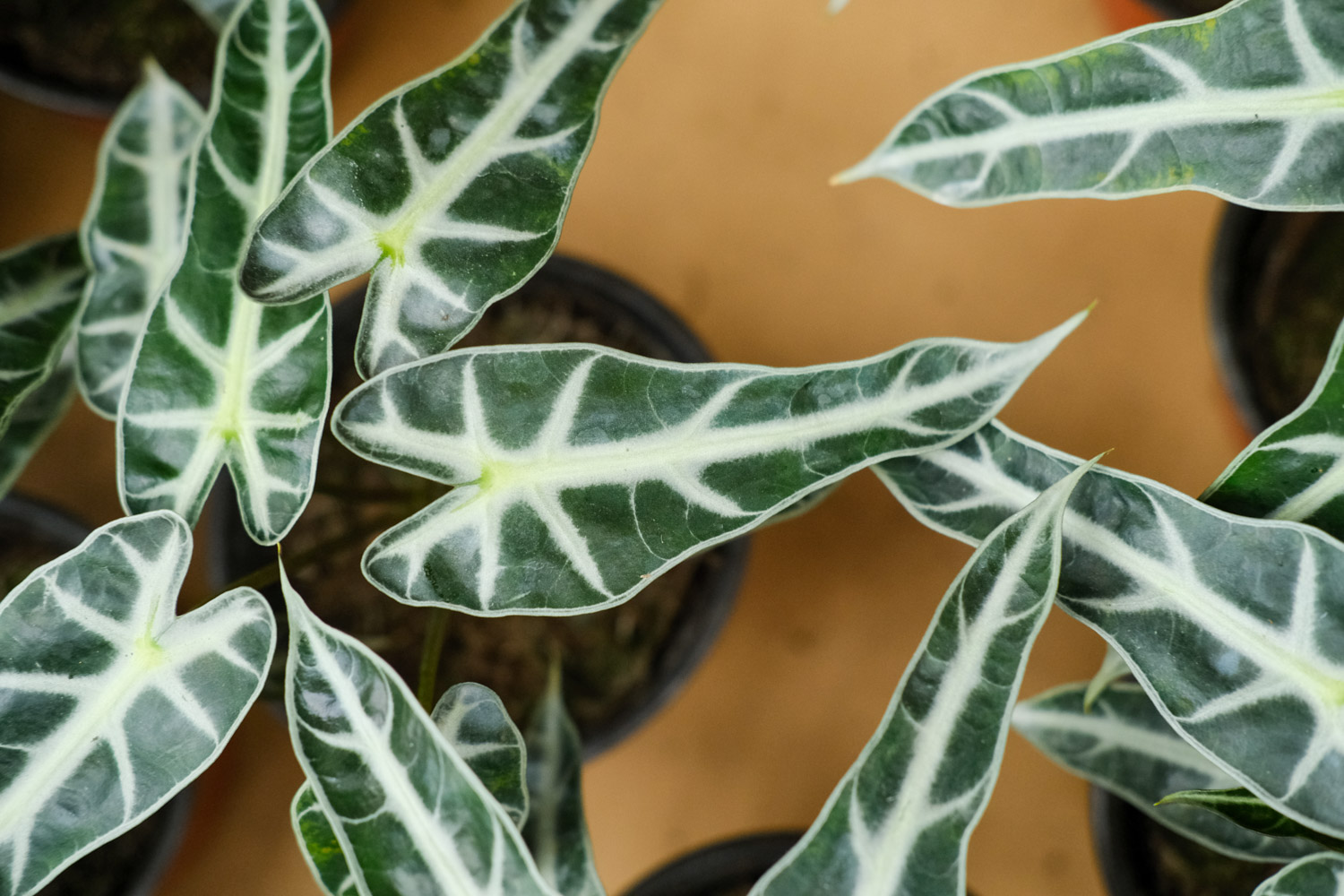
4. Light: it likes a semi shady growth environment. If it grows in a sunny environment, the plant will be sunburned and black spots will appear on its branches and leaves
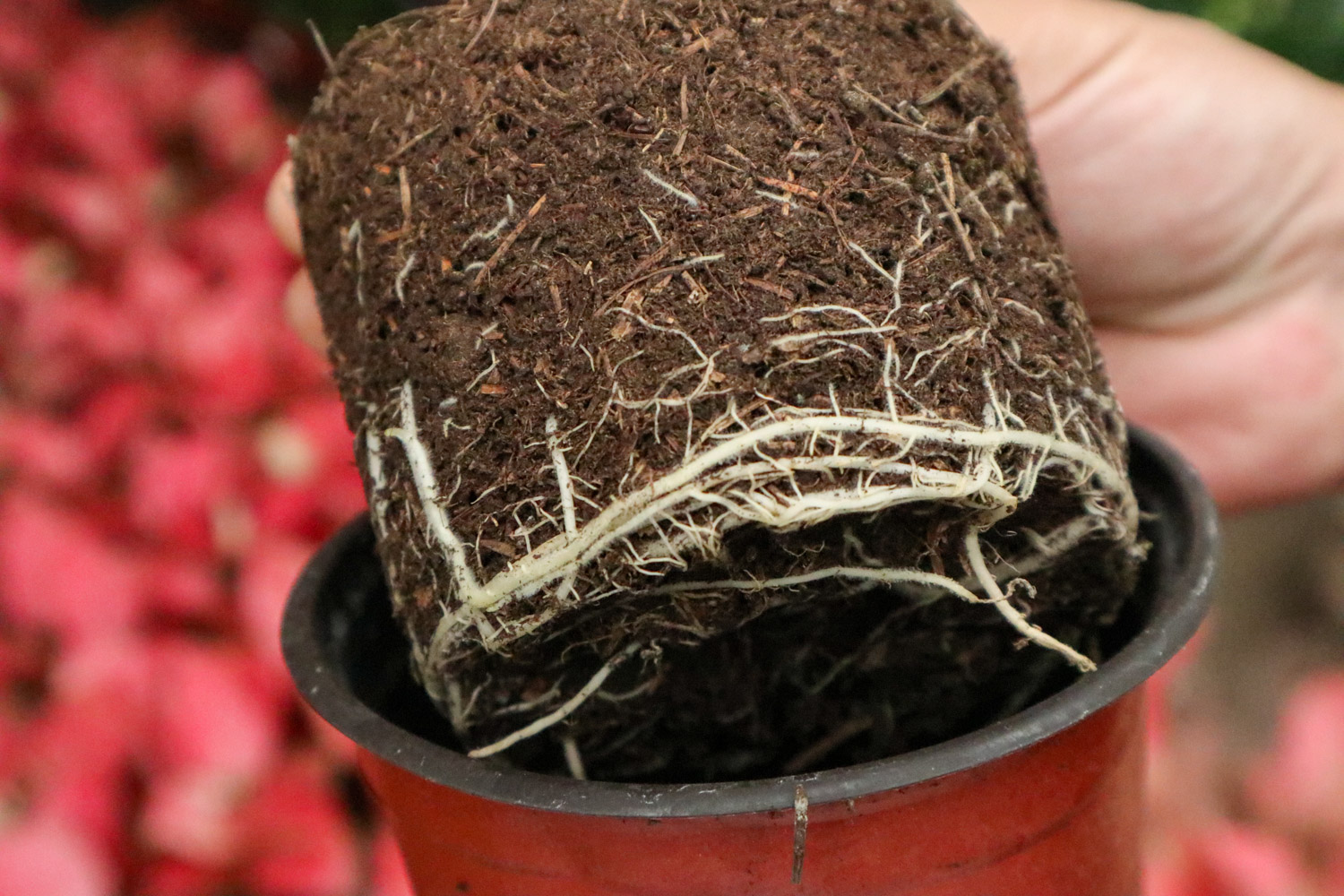
2、 Breeding skills
1. Propagation: the propagation of black Guanyin Lotus can use the method of cutting, cut the relatively strong branches from the plant, disinfect the incision, then insert them into the soil with good water permeability, and put them in a warm but shady place for maintenance. It can grow roots in about two weeks
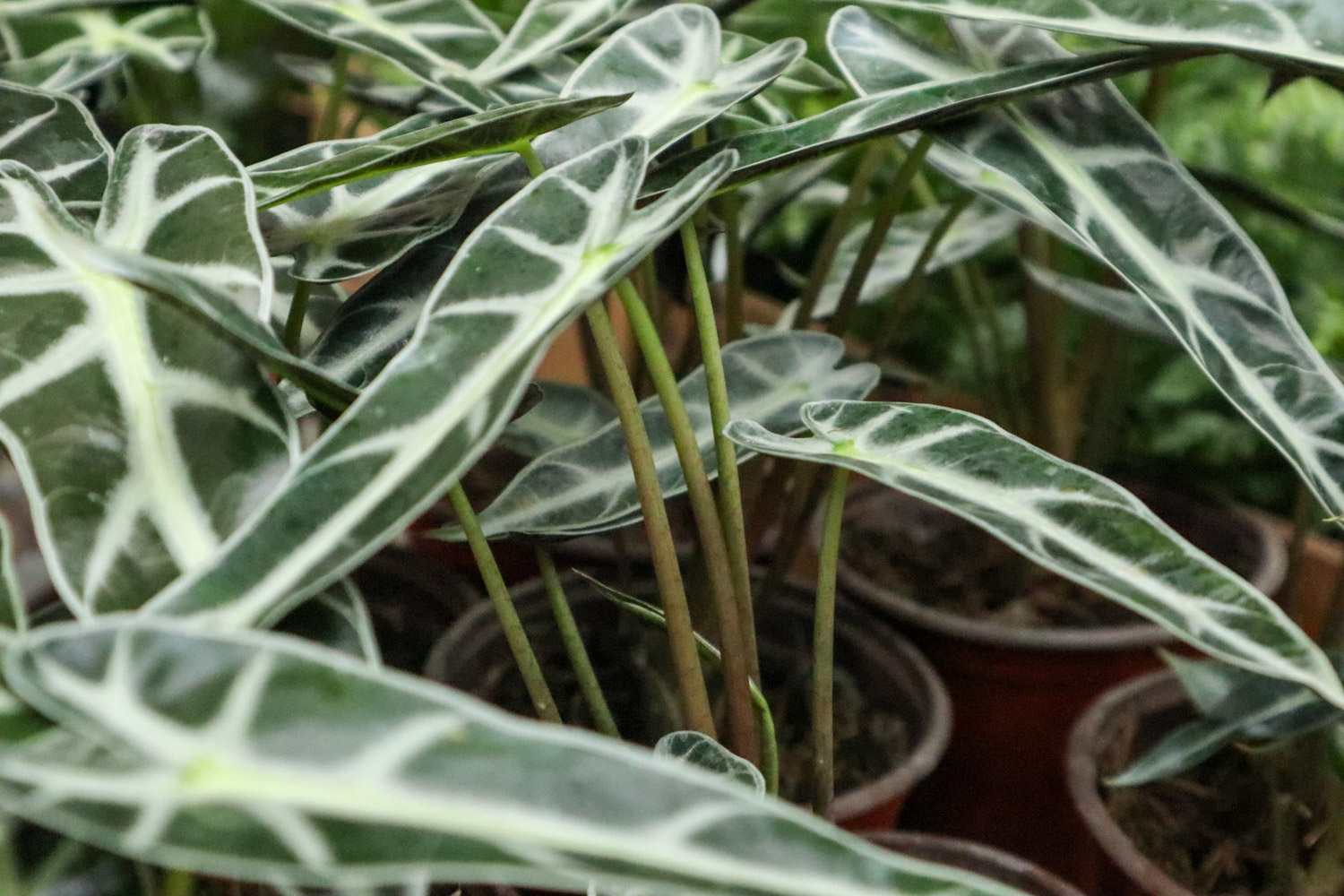
2. Trim: in general, it does not need to be trimmed. You only need to remove the dry and rotten leaves regularly. After removal, the incision cannot be stained with water. You can water normally only after the incision is dry and scabby
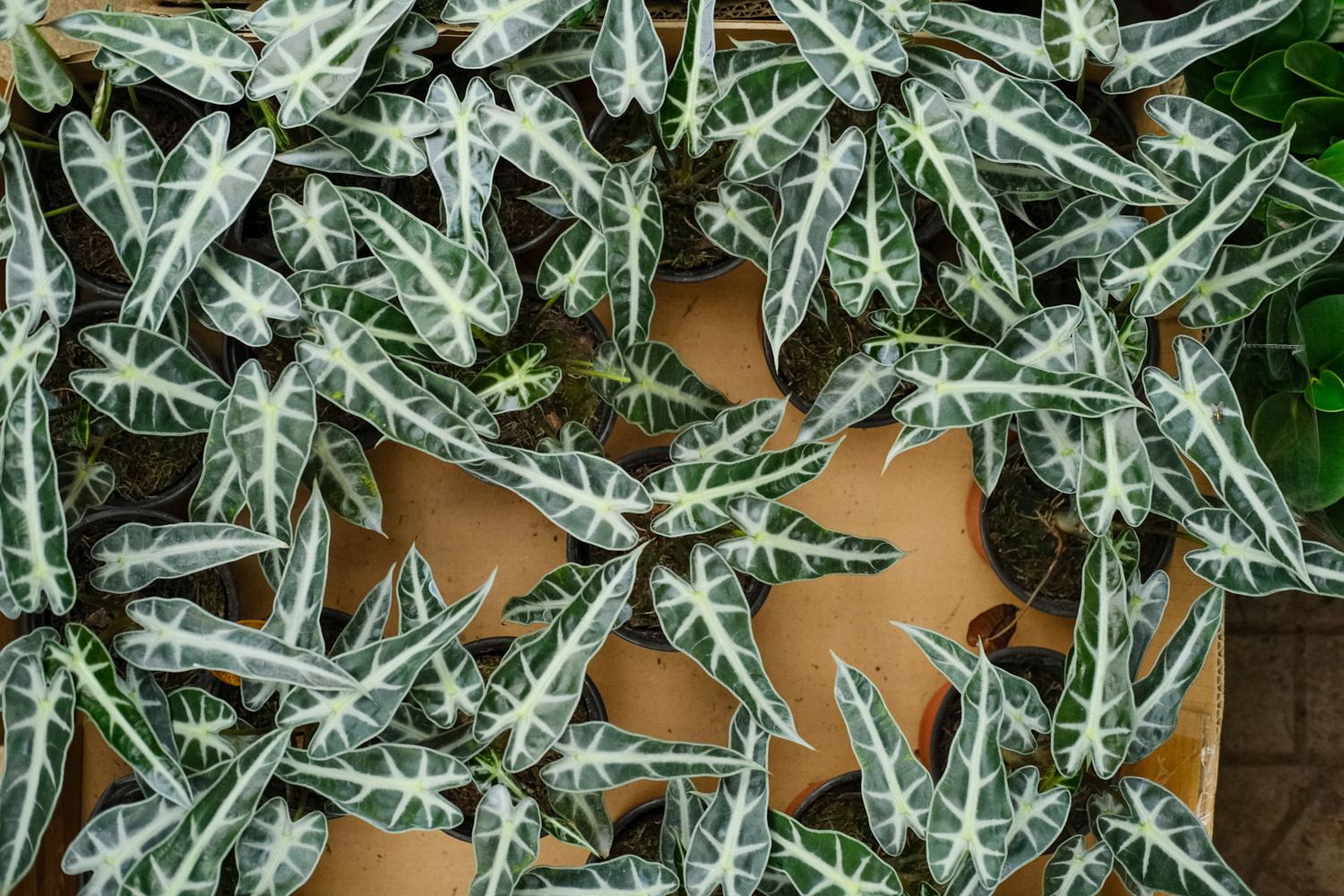
3、 Problem diagnosis
1. Insect pest: it is toxic in itself, so it generally will not be infected with insects
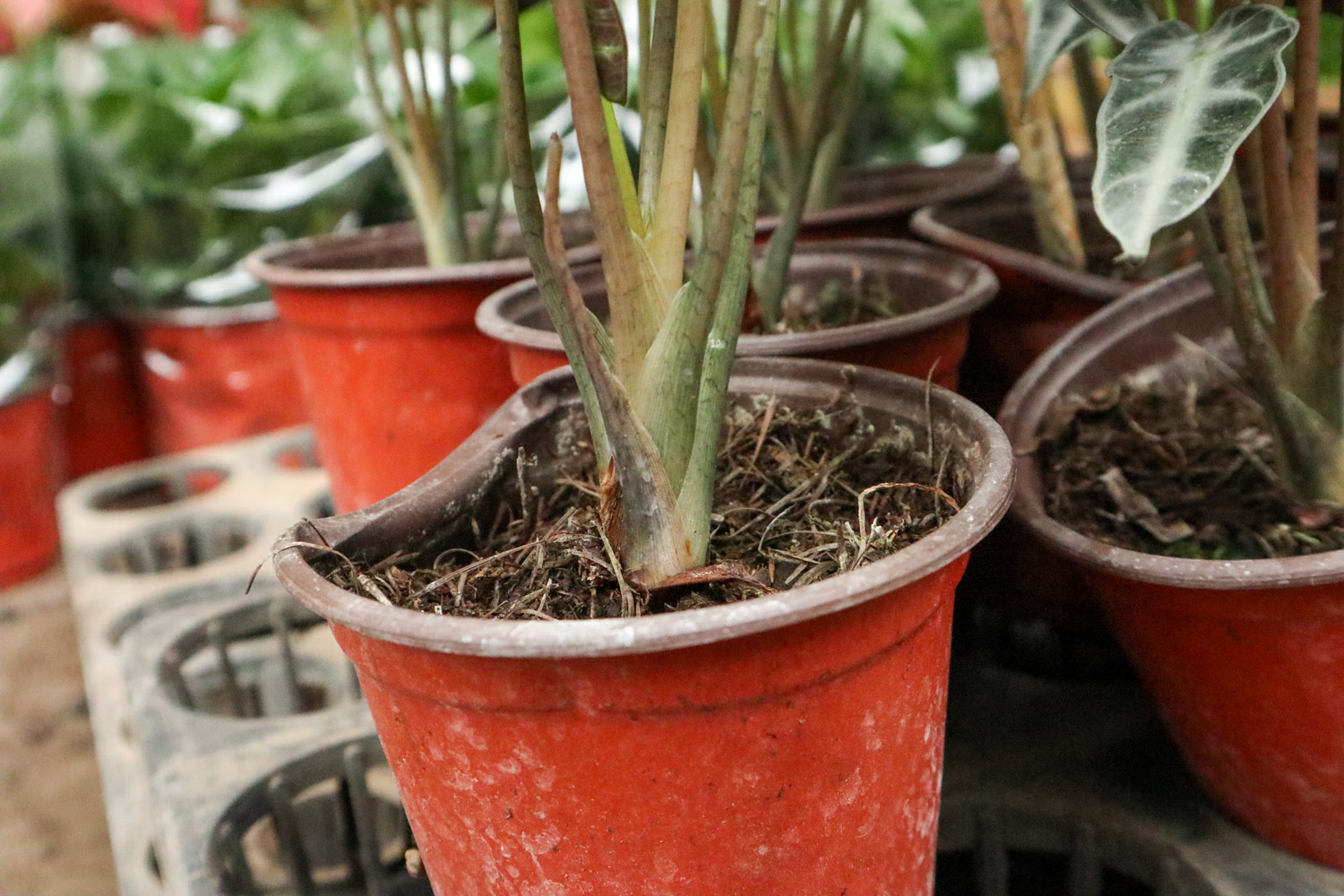
2. The problem of drooping can be solved if the amount of watering is increased slowly
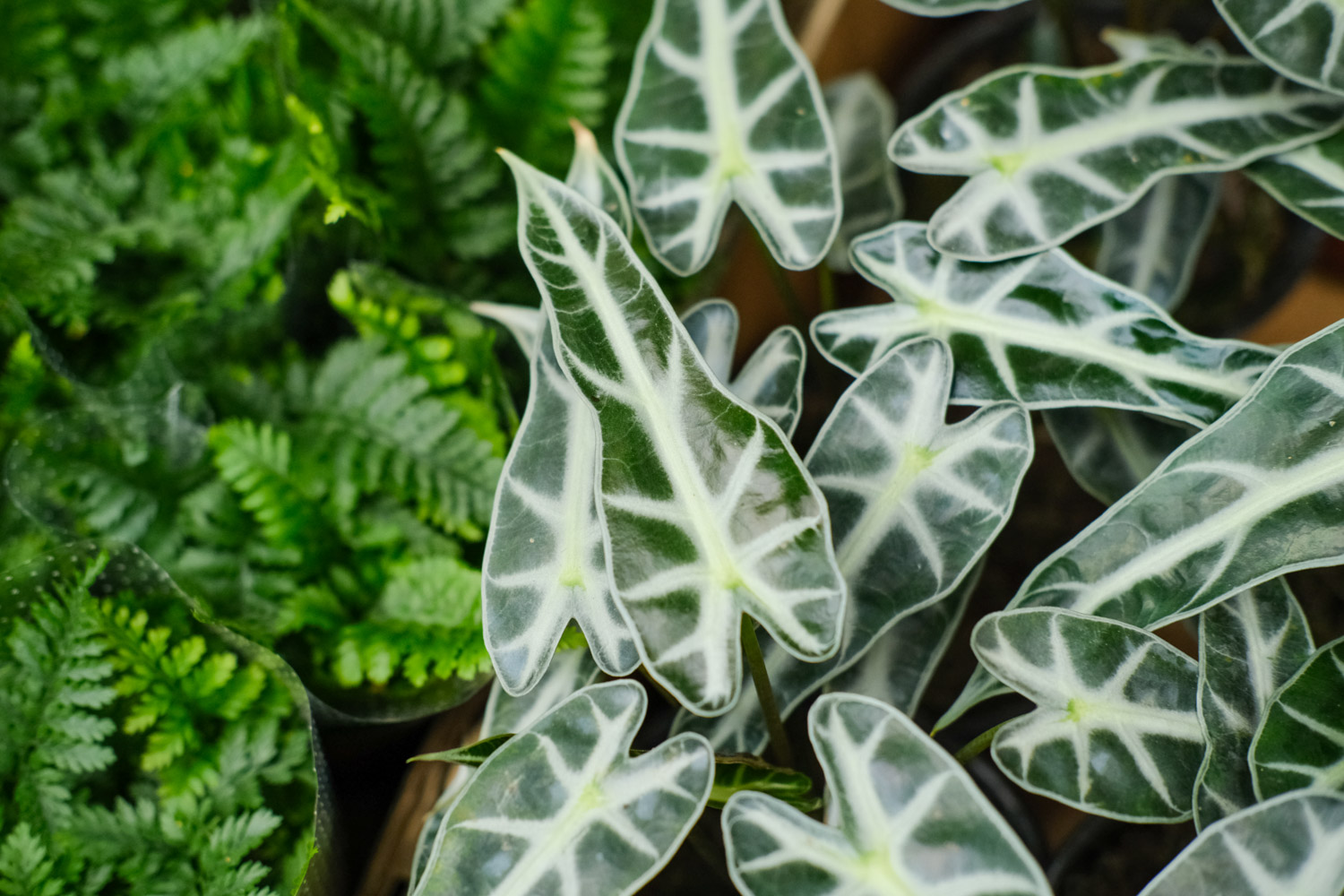
4、 Other issues
1. Toxicity: it is toxic. The whole plant is toxic, and the stem is the most toxic. If you accidentally infect its toxin, you should take egg white, batter and other substances immediately, or inject glucose saline into the hospital
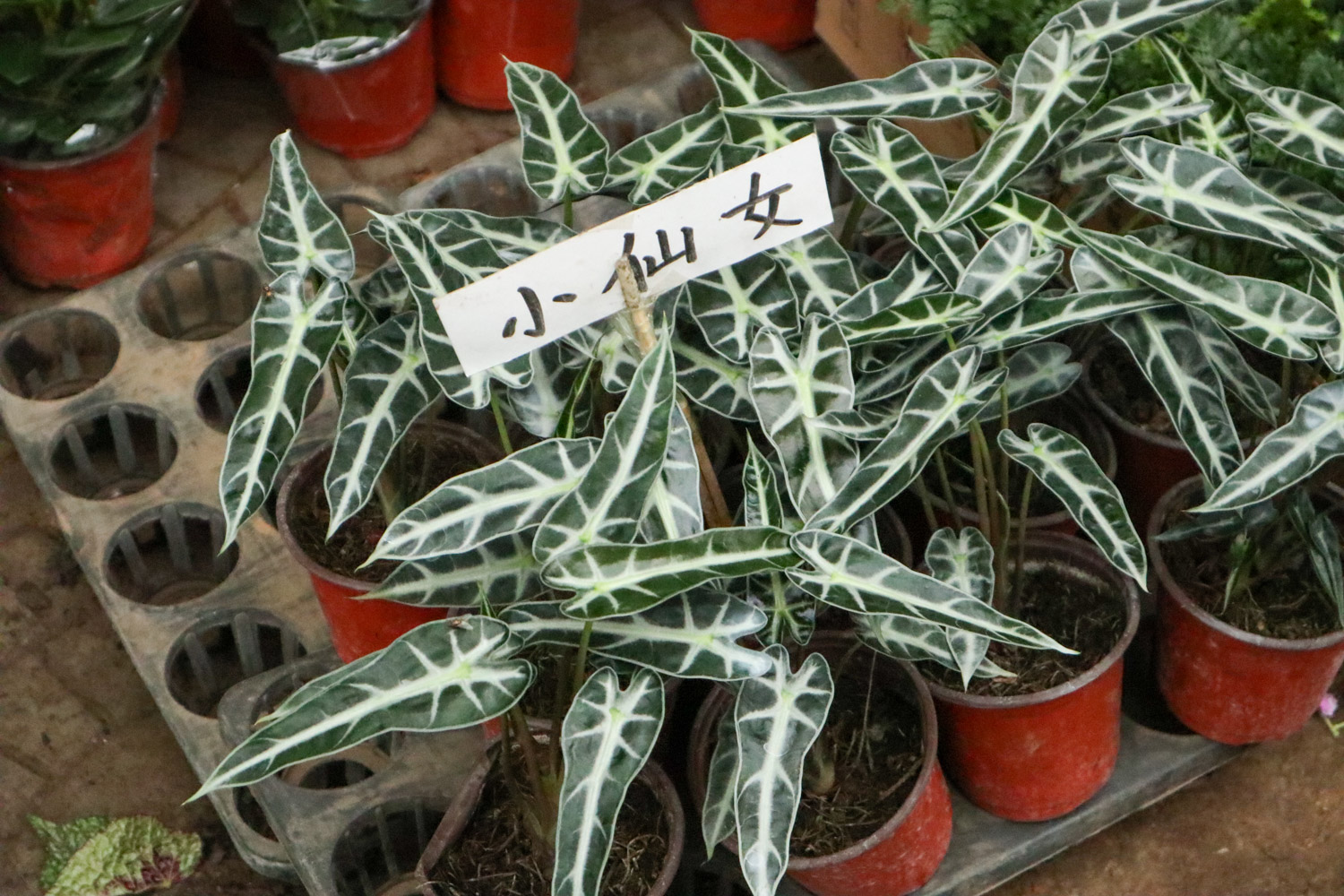
2. Whether it is suitable for family breeding: in general, families still don't breed it, especially those with children at home. If they eat it carelessly, they will have diarrhea, spasm, blindness and so on. However, there is no problem if the venom is handled correctly and does not stick directly to the body during the breeding process
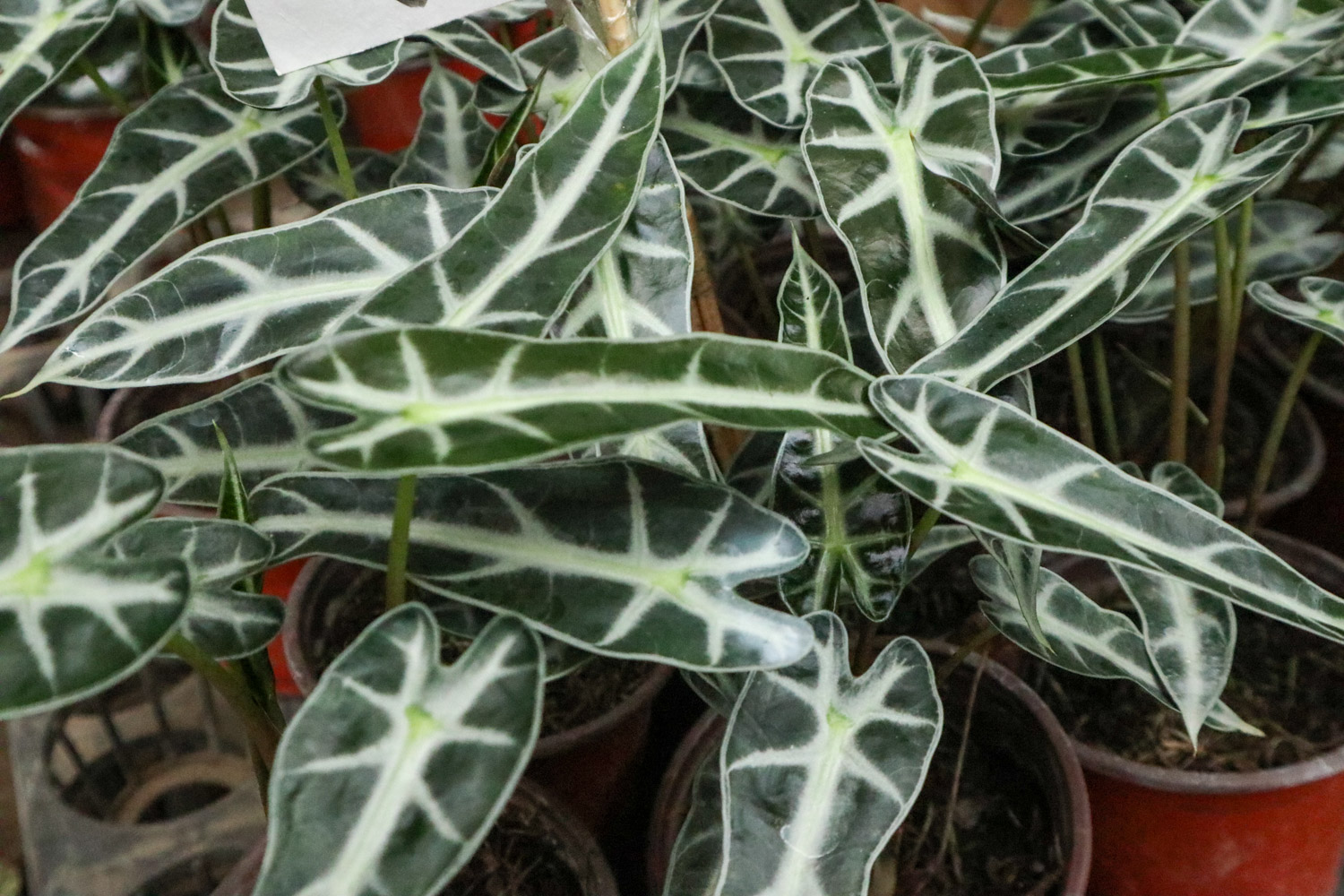

 how many times do yo...
how many times do yo... how many planted tre...
how many planted tre... how many pine trees ...
how many pine trees ... how many pecan trees...
how many pecan trees... how many plants comp...
how many plants comp... how many plants can ...
how many plants can ... how many plants and ...
how many plants and ... how many pepper plan...
how many pepper plan...



























